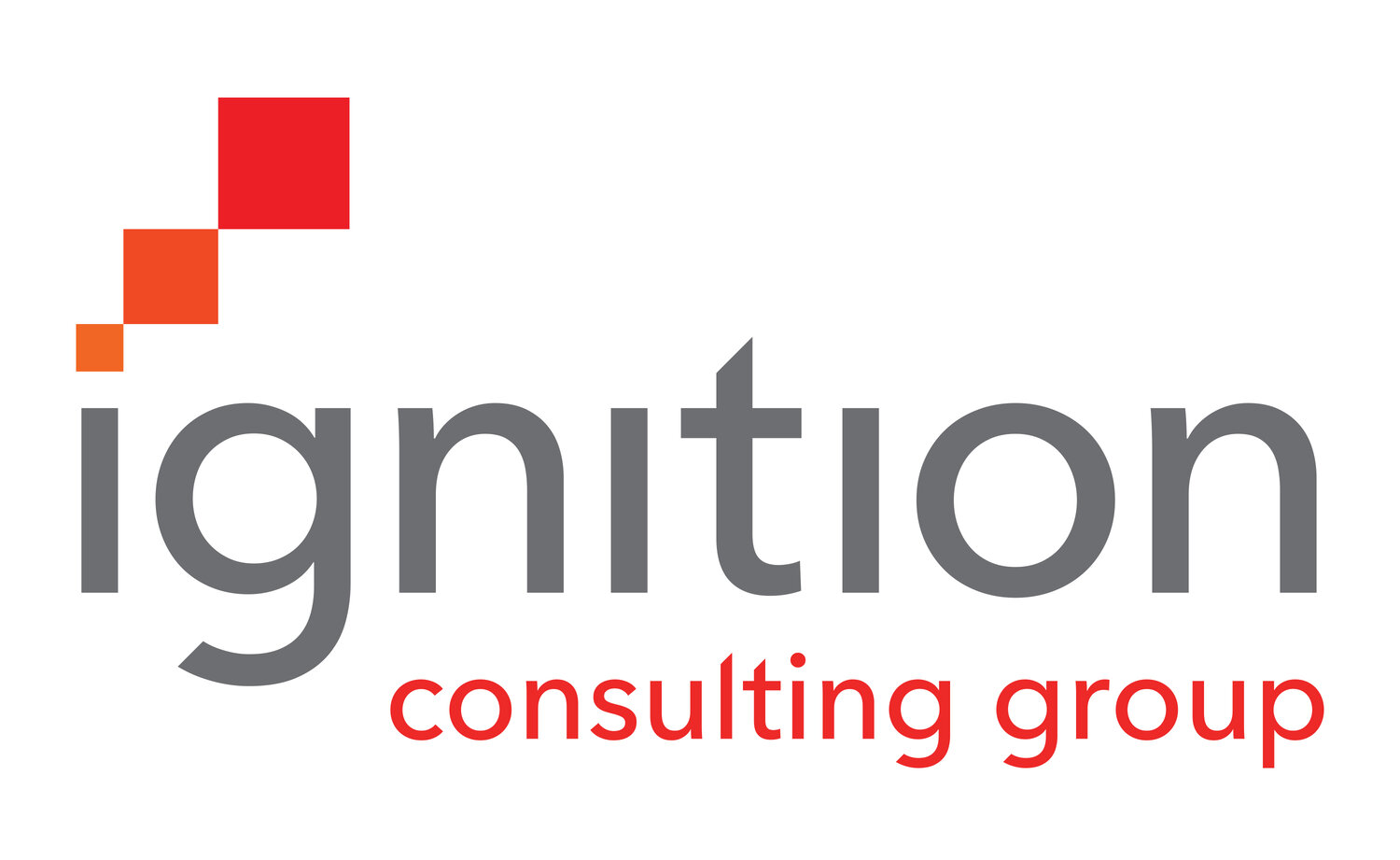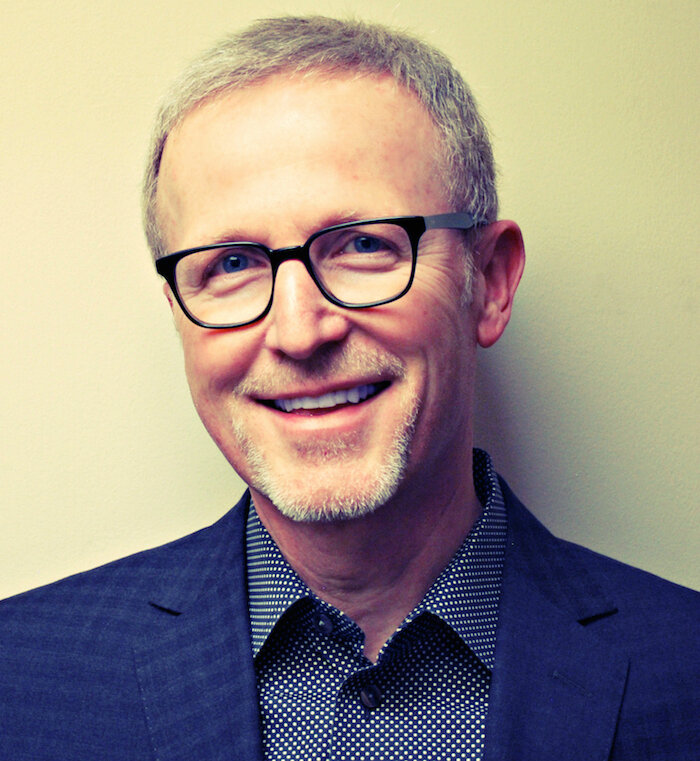Workshop: Billing by the Nano-Second? How to Capture the Value of AI and Beyond
Monetizing the impact and value of machine learning
Workshop presented by Ignition’s Tim Williams
The rapid adoption of AI-powered solutions will ultimately propel all agencies into a product-based business model, which completely changes the nature of the agency-client relationship. In place of a circular conversation about the number of people and hours, you’ll be talking with your clients about what they really buy: solutions to their business problems.
A productized model allows agencies to build a much more scalable, profitable business. Under the traditional hourly rate system, agencies are limited to linear growth; to increase revenue, the firm must increase staff. But productization opens the door to exponential growth, where agencies are able to add to their profit pool by leveraging the intellectual capital that already resides in the firm — growth achieved in the same way as other modern businesses that are not tethered to the concept of billing for time.
By reimagining their offerings as products and programs, agencies are able to price the program instead of the person or the hour, which is the essence of revenue model transformation: capturing the value of outputs and outcomes, not inputs.
In this fast-paced presentation, Ignition’s Tim Williams takes an in-depth look at the incomparable competitive advantages of a productized business model that incorporates AI-powered solutions.
Unlike billing for individual services, selling programs and products allows agencies to directly monetize and capture the value of the AI and machine learning solutions they are employing on behalf of their clients because these AI-powered solutions are built directly into the programs.
Because they are repeatable, productized programs provide much more reliable information for forecasting, allocating and managing internal resources.
Firms that operate in a productized model are able to devote fewer resources to project management, because the steps in program delivery are clear to everyone on the team.
The costs of administering programs (in place of individual services) are much lower, which significantly reduces the overall governance cost of the relationship.
A productized business model removes the self-imposed profit ceiling, since the better and faster programs are delivered, the more money the agency makes (vs. the opposite in the hourly rate system).
Programs and products create a shortcut to pricing. Minimum pricing (the floor) is established in advance, but leaves open the ability to set a higher price (no ceiling).
Finally, productization presents a significant competitive advantage. While numerous other firms can copy and offer commonly available services, it’s much more difficult for competitors to duplicate a bespoke program.
An inimitable suite of high-value AI-powered programs and products presents your firm as a unique choice in the marketplace, which helps accomplish the ultimate goal of productization: premium pricing.
Who should attend?
Every professional who deals with the question "How much will this cost?" from a client, or who has direct or indirect responsibility for determining pricing will benefit from the content of this workshop.
About the presenter
Tim Williams is founder of Ignition Consulting Group, a leading U.S.-based consultancy devoted to helping agencies and other professional firms create and capture more value. Tim is a noted author, international speaker, and presenter for major associations, networks, and business conferences worldwide. He is author of two books on business strategy and has authored numerous articles in leading marketing and business publications. Tim writes the popular blog “Propulsion” and was selected by LinkedIn as a global LinkedIn Influencers in the area of marketing. As a consultant to agencies, law firms, accounting firms and other professional services, Tim has worked with hundreds of firms ranging from mid-size independents to multinational networks in North and South America, Europe, Asia, and Australia. Before forming Ignition, Tim worked at global agencies in New York and elsewhere, and more recently served as president of several successful mid-sized firms in the United States.



